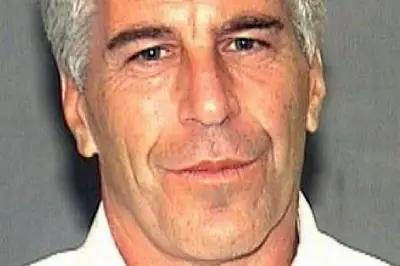
Sir Keir Starmer, the Labour leader, is facing renewed scrutiny over his tenure as Director of Public Prosecutions as fresh questions emerge about the Crown Prosecution Service's handling of both the Hillsborough disaster and the Post Office scandal during his leadership.
Hillsborough Families Demand Answers
According to a newly surfaced letter from 2013, the CPS under Starmer's direction decided not to prosecute any police officers over the Hillsborough disaster, despite compelling evidence. The letter reveals that prosecutors believed there was "sufficient evidence" to pursue charges against six officers, yet no action was taken.
Margaret Aspinall, whose 18-year-old son James died in the tragedy, expressed profound disappointment, stating: "To find out they had the evidence and didn't pursue it is absolutely devastating for the families."
Post Office Prosecution Controversy
Simultaneously, Starmer faces questions about the Post Office scandal, during which the CPS prosecuted three cases referred by the Post Office while he served as DPP. Although these prosecutions occurred before the Horizon system issues became widely known, critics argue the CPS should have identified potential problems earlier.
During Prime Minister's Questions, Rishi Sunak pointedly noted that Starmer "was DPP at the time and he was responsible for the Crown Prosecution Service."
Political Fallout Intensifies
The Labour leader has defended his record, emphasising that he "absolutely" took responsibility for the CPS's actions during his tenure. However, he maintains he was unaware of the specific Hillsborough letter until recently.
These revelations present a significant challenge for Starmer, who has built his political reputation on his legal background and commitment to justice. As the general election approaches, his handling of these historical cases is likely to face continued examination from both political opponents and victims' families seeking accountability.
The unfolding situation raises important questions about institutional responsibility and how historical injustices should be addressed by those in positions of authority.





